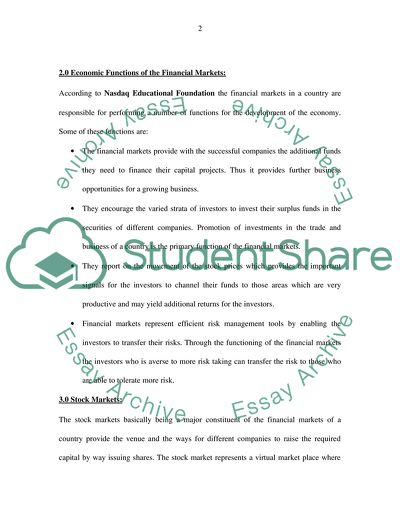Cite this document
(The Role of Financial Markets and Banking systems In the Development Essay, n.d.)
The Role of Financial Markets and Banking systems In the Development Essay. https://studentshare.org/macro-microeconomics/1706665-international-comparisons-and-alternative-financial-systems-country-selection-hungary
The Role of Financial Markets and Banking systems In the Development Essay. https://studentshare.org/macro-microeconomics/1706665-international-comparisons-and-alternative-financial-systems-country-selection-hungary
(The Role of Financial Markets and Banking Systems In the Development Essay)
The Role of Financial Markets and Banking Systems In the Development Essay. https://studentshare.org/macro-microeconomics/1706665-international-comparisons-and-alternative-financial-systems-country-selection-hungary.
The Role of Financial Markets and Banking Systems In the Development Essay. https://studentshare.org/macro-microeconomics/1706665-international-comparisons-and-alternative-financial-systems-country-selection-hungary.
“The Role of Financial Markets and Banking Systems In the Development Essay”. https://studentshare.org/macro-microeconomics/1706665-international-comparisons-and-alternative-financial-systems-country-selection-hungary.


